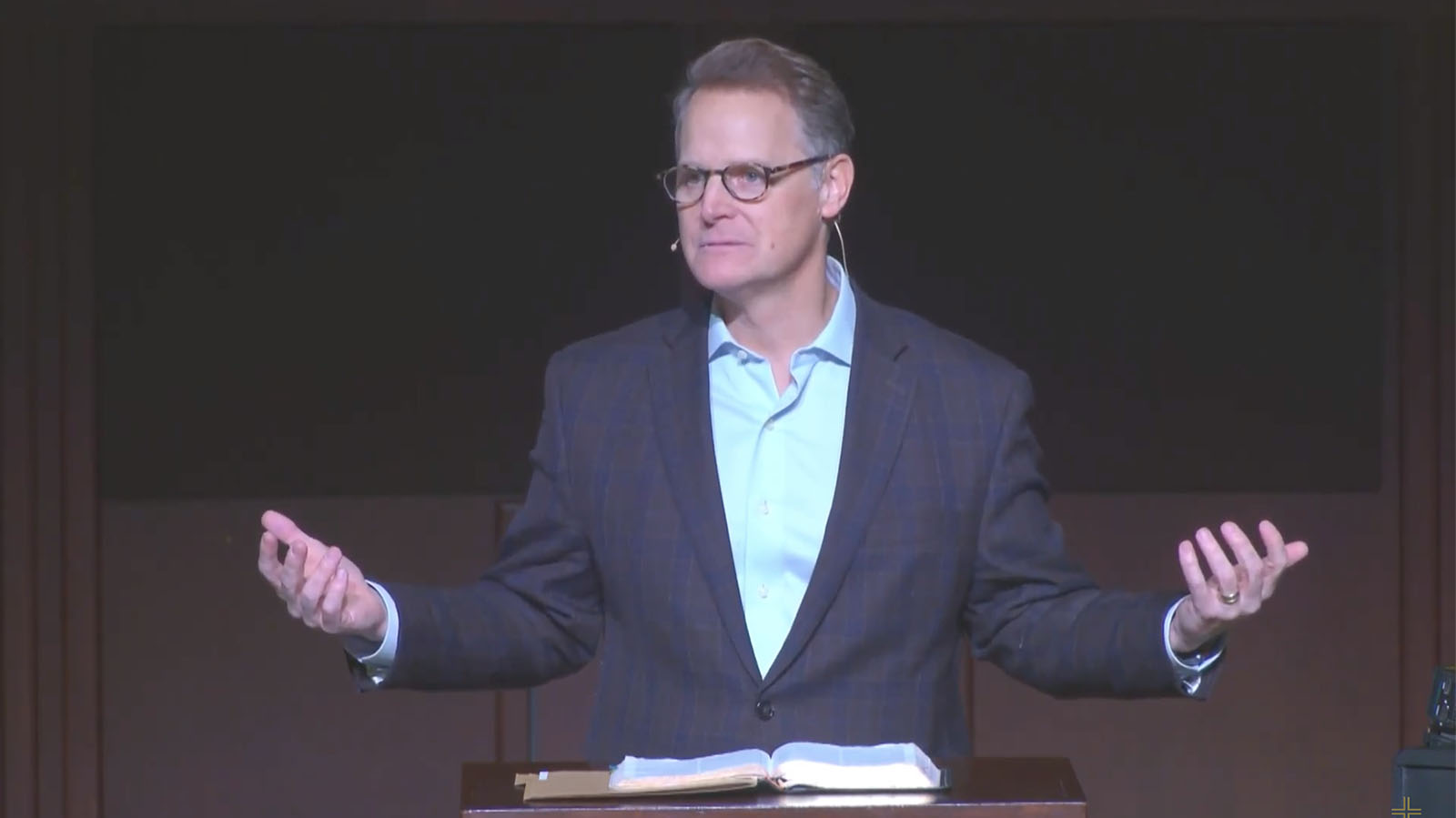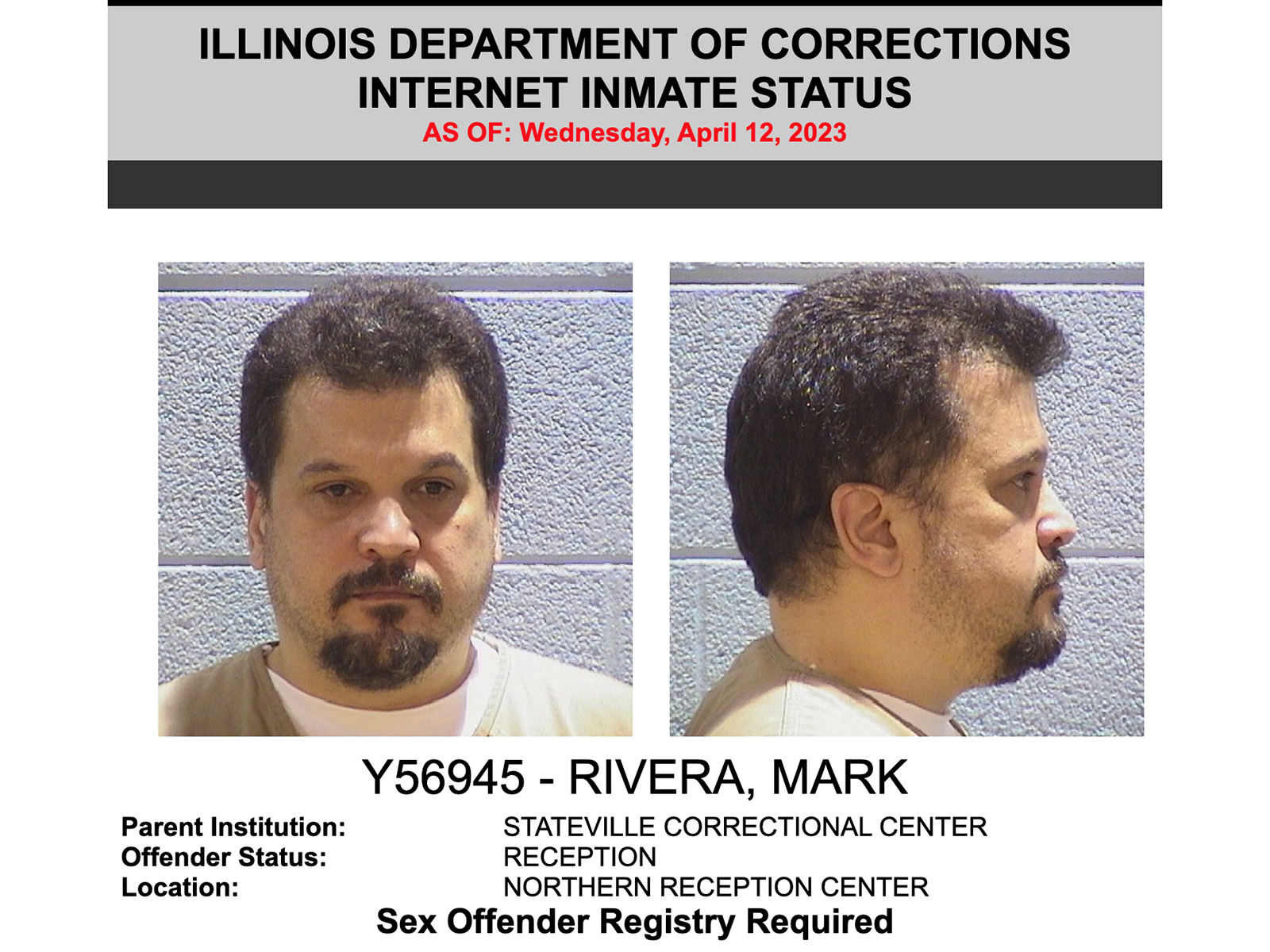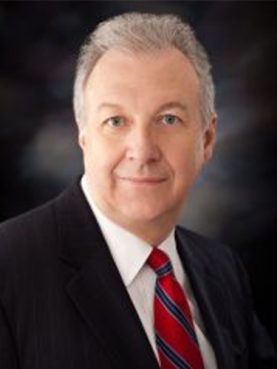(RNS) — When leaders of Immanuel Baptist Church in Little Rock, Arkansas, found out in 2016 that a former church staffer had been accused of sexually abusing a child, they called the police and reported the information.
Then they went silent for seven years.
An assistant director of children’s ministry, Patrick Stephen Miller was arrested, charged with second-degree sexual assault and later convicted of a lesser offense, Immanuel Baptist pastor Steven Smith and other leaders never informed the congregation.
In early December, Smith finally explained the episode to Immanuel Baptist’s members, but only after the Arkansas Democrat-Gazette had reported on Miller’s attempts to have his court records sealed. Smith apologized for withholding information about the abuse and Miller’s conviction.
“I wish we had told you about these crimes sooner,” Smith, the son of a former Southern Baptist Convention president, said at a church service on Dec. 10, according to a recording posted online by the Democrat-Gazette.

Pastor Steven Smith preaches at Immanuel Baptist Church on Dec. 10, 2023, in Little Rock, Ark. (Video screen grab)
Earlier this year, Smith had informed the congregation of another incident, in which a former volunteer had been allowed to remain in ministry after sexting with a teen at the church, according to the Democrat-Gazette. In that case, church officials reportedly did not inform law enforcement for years.
Smith has since resigned as a faculty member of Midwestern Baptist Theological Seminary, where he was named a preaching fellow in 2017.
“Dr. Smith recently informed the seminary that he’s stepping away from external ministry responsibilities, including Midwestern Seminary, to focus on Immanuel Baptist Church during this season of ministry. Thus, he’s not currently serving on our faculty,” a spokesman for the seminary told the Democrat-Gazette.
The delay in telling the congregation at Immanuel Baptist echoes a similar case in northern Illinois, where Bishop Stewart Ruch of the Upper Midwest Diocese of the Anglican Church in North America delayed telling members of his diocese that a volunteer at a church in the diocese had been arrested on sexual abuse charges for nearly two years. That volunteer, former ACNA lay pastor Mark Rivera, was sentenced to 15 years in prison this past March after being convicted of felony child sexual abuse and assault. He was later given six additional years.
Ruch told members of the diocese that church leaders were waiting for the legal process to be completed — and that caused the delay. Ruch would eventually take a leave of absence and is now facing a church trial on allegations of mishandling cases of abuse.

Mark Rivera was admitted to Stateville Correctional Center in Crest Hill, Illinois, on March 24, 2023. (Photo via Illinois Department of Corrections)
While churches have made progress in recent years toward addressing abuse, including contacting law enforcement when learning about allegations of sexual abuse, they can still be reluctant to inform people in the pews about abuse that may have happened in their midst, said Jimmy Hinton, a longtime advocate for survivors of abuse.
Church leaders often fear creating a scandal or accusing someone who may be innocent, said Hinton, who frequently advises churches on how to respond to abuse. Leaders often feel they have done the right thing by reporting to police, but he said their work is not done at that point.
Hinton said his counsel to church leaders is straightforward: If they know about allegations of abuse, they need to tell the congregation.
He said that if a congregation is not told, it will lead people to assume the worst. “They will wonder, what else are you covering up,” he said.
Frank Sommerville, a Texas attorney who specializes in church and nonprofit law, said that churches do need to take care when communicating about allegations of abuse to the congregation.

Frank Sommerville. (Courtesy photo)
Sommerville said churches can expect a delay between reporting allegations to police and any action, such as filing of charges or making an arrest. They can use that delay to tell church leaders, such as board members or deacons, about what may be coming. The person accused of abuse should be removed from ministry while the investigation proceeds. Then, when the congregation is informed, after an initial report is made, it should be during a confidential, members-only meeting, he said.
That’s in part to allow law enforcement to do its work, said Sommerville. If charges are filed or an arrest has been made, the congregations should be informed immediately.
“Once an arrest has been made, you need to have a congregational meeting, and tell everyone what you know and what actions you have taken.”
Lou Ann Sabatier, a longtime communications professional and principal of Sabatier Consulting in Falls Church, Virginia, said church leaders also need to be thoughtful and intentional about how they tell the congregation about a crisis such as allegations of abuse. That includes being clear about the presumption of innocence even as they send a message that the church takes allegations of abuse seriously.
When a congregation is told about allegations, Sabatier added, it should happen in a controlled setting where people have time and space to respond and ask questions.
“This isn’t something that you would bring up at the end of announcements during the sermon, she said.
Sabatier said that church leaders have a moral imperative to tell the truth to their congregations. Even when the news is difficult.
“If you are not telling them, you are not being truthful,” she said.





